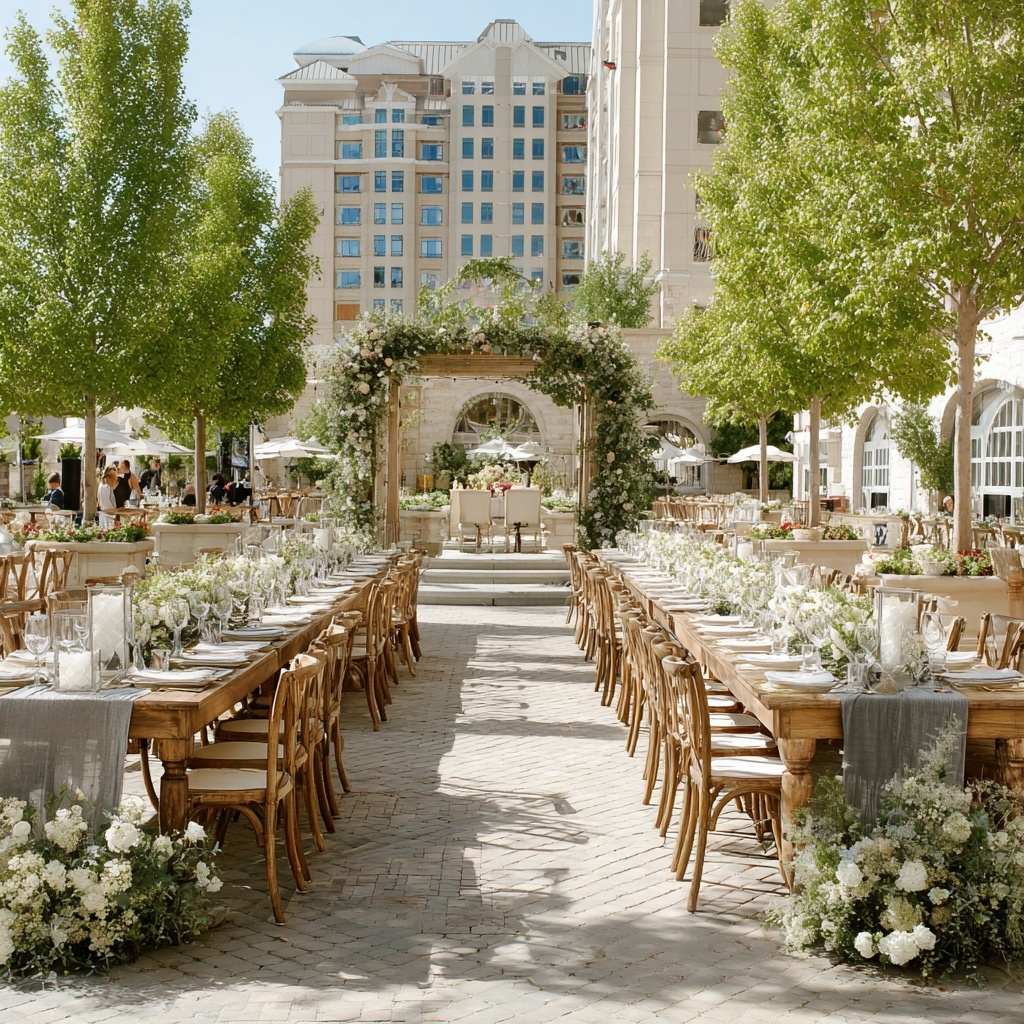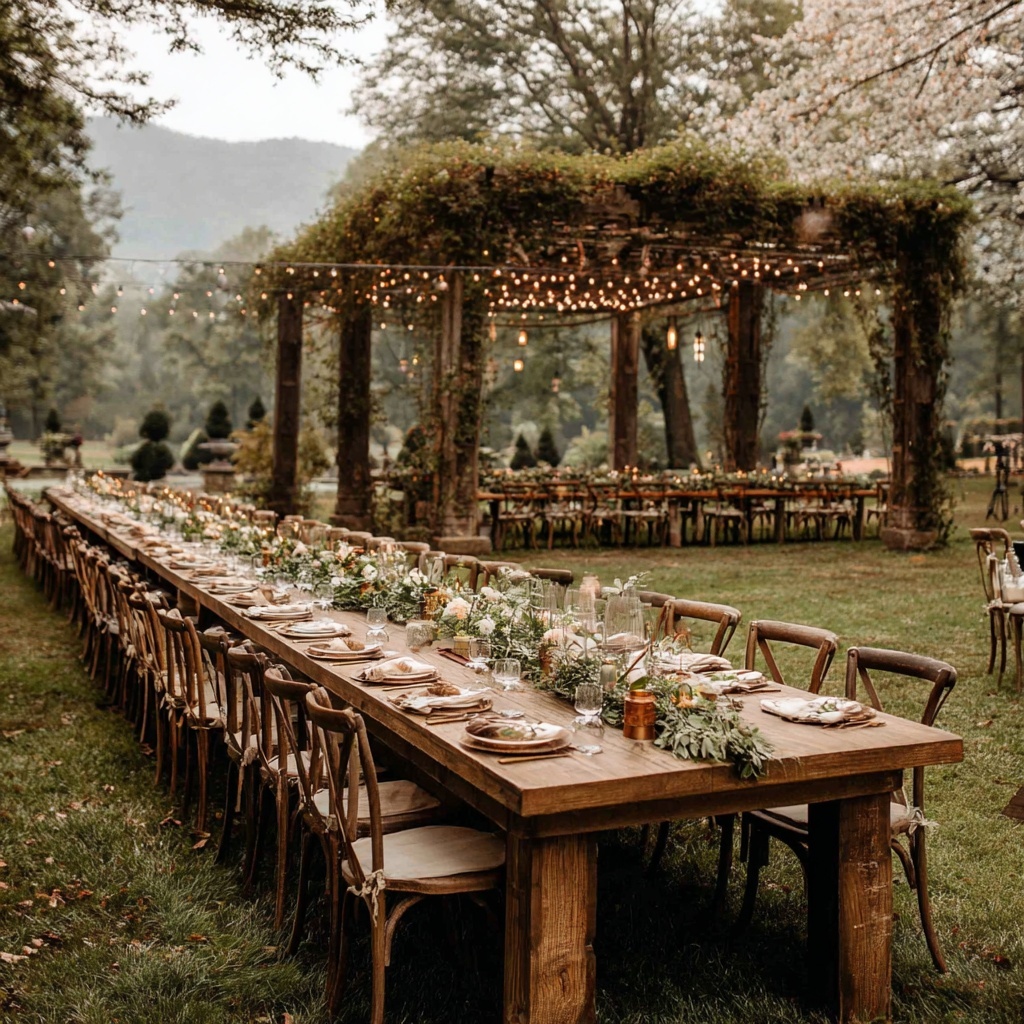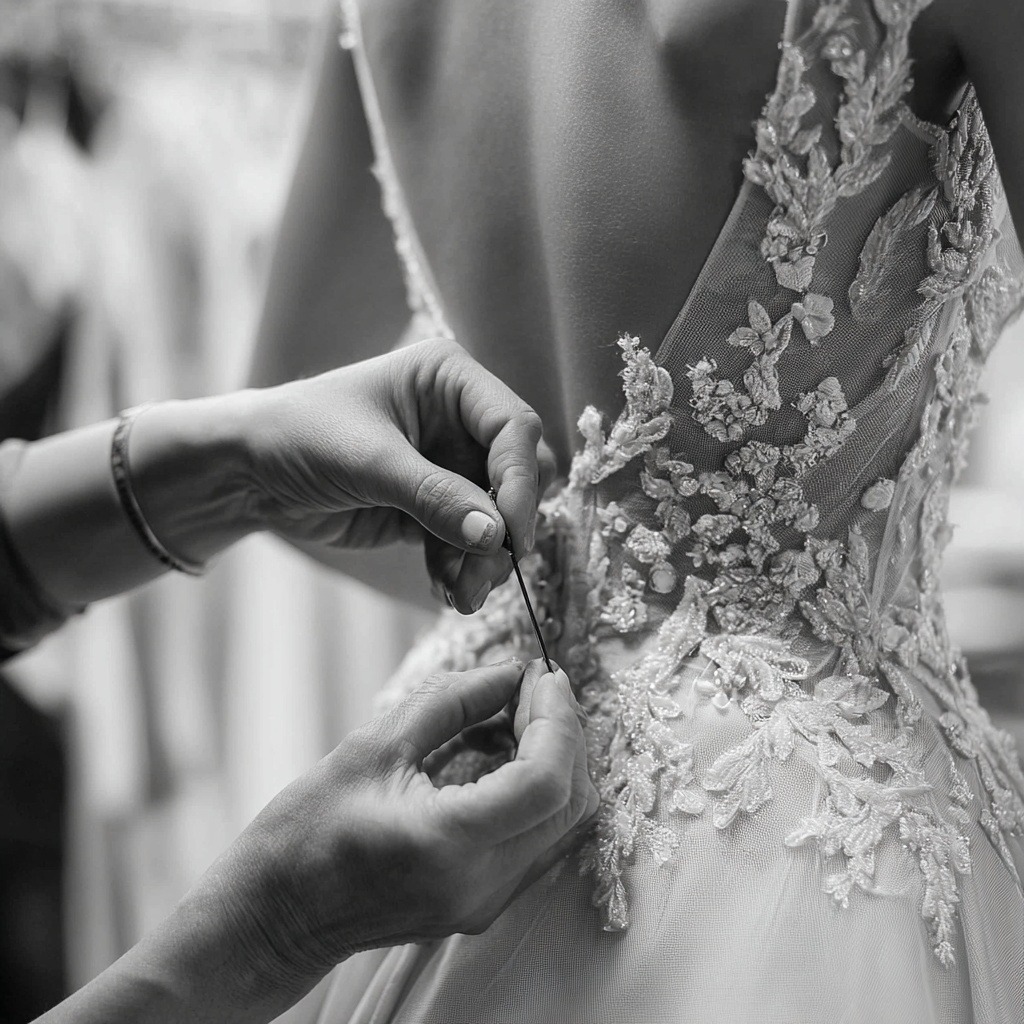15 Things You Should Know Before Planning a Wedding: What Most Couples Overlook
June 12th, 2025

Planning a wedding is one of the most exciting and meaningful experiences in life—but it can also be a whirlwind of decisions, deadlines, and details. While Pinterest boards and bridal magazines tend to focus on dresses and décor, there are several lesser-known (but incredibly helpful) things to know before diving into wedding planning.
Whether you’re planning a big celebration in Boise or a cozy backyard ceremony in Meridian or Eagle, these 15 tips will help you stay prepared, organized, and stress-free.
1. You Need a Marriage License—And There’s a Time Limit
You can’t get married legally without a marriage license. In Idaho, marriage licenses are issued by the county clerk’s office, and there’s no waiting period, but don’t wait too long—some venues or officiants require proof in advance. Be sure both partners bring government-issued IDs.
???? Tip: Double-check office hours and bring cash or a check for the license fee.
2. Budget Isn’t Just About the Wedding Day
Most couples set a wedding budget—but forget hidden costs like:
- Marriage license fees
- Dress alterations
- Vendor gratuities
- Postage for invitations
- Beauty trials or engagement shoot sessions
Make room in your budget for the “extras” that sneak up.

3. Pick a Date After Considering Venue & Weather
Before sending out Save-the-Dates, check your dream venues’ availability, seasonal weather, and even local events that might cause hotel or traffic issues. Spring weddings in Boise are beautiful—but keep an eye on the rain.
4. Create a Wedding Email Address
This small detail can save your sanity. A dedicated email address helps keep contracts, RSVPs, and vendor conversations organized. It’s also great for signing up for discounts or wedding planning tools.
5. Start Guest Count Early
Many couples underestimate how essential the guest count is—your venue, budget, food, rentals, and even invitations hinge on this number. Finalize your list early so you can plan accurately from the beginning.

6. Hire or Appoint a “Point Person” for the Big Day
Don’t try to manage everything yourself on the day of your wedding. Whether it’s a coordinator, a trusted friend, or a family member, having someone else field questions or handle small hiccups is crucial to your peace of mind.
7. Vendor Contracts Matter—Read the Fine Print
From cancellation policies to payment deadlines and delivery times, vendor contracts outline everything you need to know. Don’t just skim them—read them carefully or have someone review them with you.
8. Book Your Photographer Early
Great photographers often book out 12–18 months in advance. If photography is a priority (and it should be—it’s how you’ll relive the day), make this one of your first bookings.
9. Don’t Forget Transportation Logistics
Will your guests know how to get from the ceremony to the reception? Will the wedding party need a shuttle or separate ride? What about parking? Work out transportation plans to avoid last-minute chaos.
10. Think About Insurance—Yes, Wedding Insurance
Event insurance can protect your deposits and cover emergencies like vendor no-shows, weather disruptions, or venue cancellations. For a small fee, it offers big peace of mind.
11. Create a Rain Plan (Even for Desert or Summer Weddings)
If your ceremony is outdoors, have a backup plan in place. Renting a tent or reserving a second indoor space can save your day—and your guests—from getting soaked.
12. Plan for Vendor Meals
Many vendors, including photographers, planners, and DJs, will be working for 8+ hours and expect a meal. Make sure your catering order includes “vendor meals” and designate a quiet spot for them to eat.
13. You Don’t Need to Invite Everyone
It’s your day—not your extended cousin’s coworker’s plus-one’s party. Create boundaries early. A smaller guest list often leads to a more personal, manageable, and memorable experience.

14. Leave Time for Beauty Trials
Schedule hair and makeup trials at least a month in advance of your wedding day. This gives you time to tweak your look, test how it lasts all day, and take photos to decide if it’s the right fit.
15. Schedule Downtime Before the Big Day
Try not to jam-pack the week of your wedding with last-minute tasks. Allow for rest, connection with your partner, and space to emotionally prepare for the celebration ahead.
Planning a wedding can feel overwhelming—but the more you know in advance, the smoother the journey. From legal paperwork to vendor contracts and rain plans, the little things can make a big difference.
At Hal Davis Jewelers, we’re here to help you get one of the biggest details just right—your rings. Whether you’re looking for classic diamond solitaires or custom wedding bands, our team is proud to serve couples from Boise, Meridian, and Eagle with expertise, care, and timeless style.


